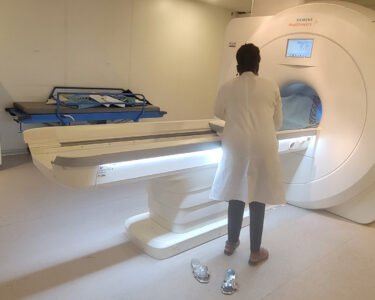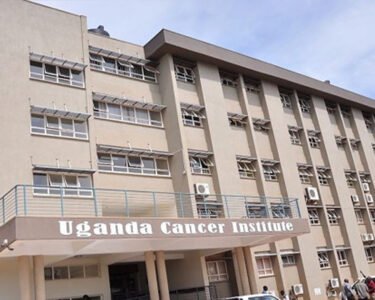Adenomyosis is a medical condition characterized by the abnormal growth of the endometrium, the lining of the uterus, into the uterine muscle wall. This can cause the uterus to enlarge and lead to a range of symptoms that can significantly impact a woman’s quality of life.
Symptoms of Adenomyosis
Women with adenomyosis often experience a variety of symptoms, including:
Heavy Menstrual Bleeding: Periods may be unusually heavy and prolonged.
Severe Menstrual Cramps: Cramps can be more intense than usual, beginning before the onset of menstruation and continuing throughout the period.
Chronic Pelvic Pain: A persistent, dull ache in the pelvic area may be present even outside of the menstrual cycle.
Painful Intercourse: Discomfort or pain, particularly during deep penetration, is common.
Enlarged Uterus: The uterus may feel larger or tenderer upon examination.
Risk Factors
Adenomyosis is most frequently diagnosed in women in their 30s and 40s, especially those who have given birth. Women with a history of uterine surgery, such as a C-section or fibroid removal, are also at higher risk. Additionally, those with endometriosis, a condition where tissue similar to the endometrium grows outside the uterus, may be more susceptible to developing adenomyosis.
Causes of Adenomyosis
The exact cause of adenomyosis remains unclear, but several factors may contribute to its development:
Hormonal Imbalances
Uterine Inflammation
Developmental Issues
Some experts believe that adenomyosis may be related to the same factors that cause endometriosis.
Diagnosis
Diagnosing adenomyosis can be challenging as its symptoms often mimic other conditions, such as endometriosis and fibroids. Diagnostic methods include:
Imaging: Ultrasound or MRI scans are commonly used to detect adenomyosis.
Hysterectomy: In some cases, the condition may only be definitively diagnosed after a hysterectomy, where the uterine tissue can be examined under a microscope.
Management and Treatment
Managing adenomyosis typically involves a combination of approaches:
Pain Relief: Over-the-counter pain medications can help alleviate symptoms.
Hormonal Treatments: Birth control pills, IUDs, or other hormonal therapies can reduce heavy bleeding and pain.
Lifestyle Modifications: Regular exercise, a balanced diet, and stress management techniques may provide some relief.
Surgical Options: In severe cases, surgery, including hysterectomy, may be recommended.
Adenomyosis is a complex condition that requires careful management to minimize its impact on a woman’s daily life. If you experience symptoms, consult a healthcare provider for proper diagnosis and treatment options.





